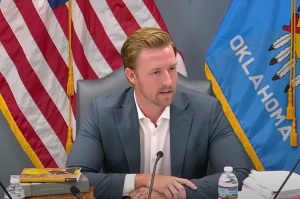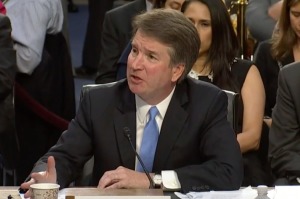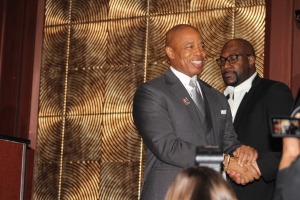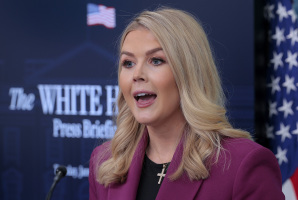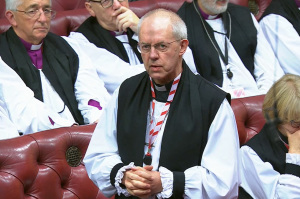Women 'Talking Taboo;' Looking For Change Inside the Christian Community
New Book Shares 40 Female Perspectives on What's Lacking in Current Christian Conversation
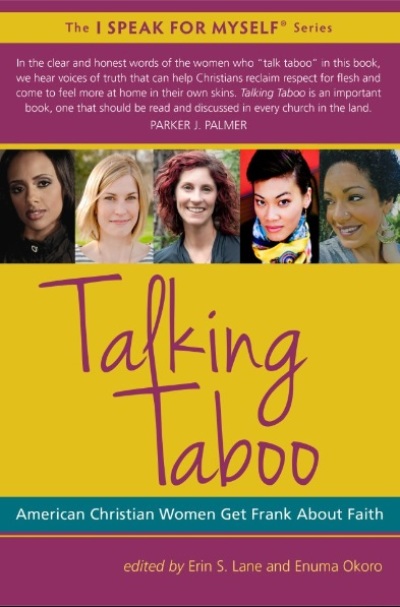
For the majority of American Christians, women's voices from the pulpit are a rarity.
According to a Faith Communities Today 2010 survey, roughly 24 percent of Mainline Protestant congregations had female leadership. For Evangelical congregations, only 9% had women on the pastoral staff.
Without endorsing a position on female ordination, Talking Taboo: American Christian Women Get Frank About Faith seeks to bring more female Christian voices to the mainstream, by offering 40 women under the age of 40 a platform to share a myriad of opinions on ordination, sexuality, divorce, doubt, breast feeding, and gender roles.
Co-editor Erin Lane described the book's vision as one that sought to give women an opportunity to speak about issues that they felt were not already being addressed in the Christian publishing world or within their own faith community.
"What are those things that are off-limits in many of our faith communities that we want to bring to light by using our own lives as a canvas? Answering this question was one of the impetuses for the book," Lane explained in an interview with The Christian Post.
Lane, and fellow editor Enuma Okoro, let women choose their own topic on which to write, and received submissions that ranged from a female pastor writing about how her congregation perceived her pregnancy to a domestic violence survivor chronicling her marriage and divorce.
They also tried to intentionally seek out women of color, inexperienced and published writers, and those that spanned the theological conservative, liberal and evangelical divide.
Okoro personally reached ought to Christian non-white women who worked outside of traditional ministry fields such as Hollywood, the news room, and the arts.
"I invited many more women of color than were able to say yes just because of the timing of the Talking Taboo project with other things with which they were involved. I am thrilled for the non-white women who were available to accept my invitation to participate in this project," Okoro told The Christian Post in an email. "In my opinion, I still would have loved even more voices. What we have is not enough. But it's a start and for that I am grateful."
Overall, Lane sees the work of the Church as becoming a more inclusive space for women and other groups that may have traditionally felt marginalized by it. She challenges many of the men in church authority positions to take time to hear the different voices in the book.
"There are 40 really different women and I don't think you can read it and feel like I got a handle on young women in America but it challenges you to say 'Ok, here are the real things women are going through in the church and if we want the church to be 'relevant,' it has to be about listening," she said.
And listening, Lane says, extends beyond the blogosphere, a realm where she has seen many women begin to share their voices and perspectives.
"At least in the Christian world, I feel like Christian women bloggers have created some really neat spaces for themselves, through their own blogs, and with network of women's bloggers… I think that has created a space for women to speak from personal experience or make theological arguments," said Lane.
Ultimately, Lane wants the sharing that occurs in her and Okoro's book to be one that can be held in person.
"I think what limits blogging and Talking Taboo as a book is that it's a conversation that's public but it's not always happening in public," said Lane. "I think we need spaces in our faith communities, physical space where we meet and worship and pray for there to be a public imagination cultivated for women in all parts of the church. That's what I hope is the next step for the book."
















